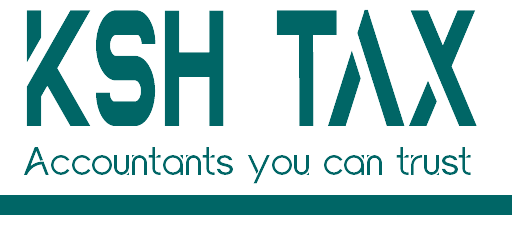The rate at which small and big companies experience financial fraud in 2025 is a bit worrying.
The availability of improved artificial intelligence features and digital transactions has made it easy for scammers to target businesses and steal from them.
Nothing sounds safer than an entrepreneur’s effort to do everything possible to safeguard their businesses and take caution.
Financial fraud threatens all businesses and can negatively impact them, affecting profitability, reputation, and operational stability, among other things.
Entrepreneurs must strategically implement fraud prevention measures and monitor all activities carried out in their workplaces to curb any possible threat.
Let’s explore actionable steps we can take to protect businesses from these fraudulent activities, ensuring their long-term financial plan and the security they need below.
Understanding financial fraud
Financial fraud is any deceptive activity or intentional act designed to illegally obtain money or property from an individual, organization, or government.
We have different types of financial fraud, and it is wise to find ways to prevent them before they become a liability.
Categories of company financial fraud
Company fraud comes in different forms, and with us are some of the commonly reported in workplaces as follows;
1. Asset misappropriation
Asset misappropriation, involves the misuse or theft of company resources and is among the most notorious forms of fraud reported everyday. It is mostly internal and it involve either employees or management associating themselves in criminal activities that could sabotage a company.
Asset misappropriation is an easy target for companies with weak internal control, and people take advantage of this situation.
Some examples of asset misappropriation include cash theft, faking receipts, and credit card misuse.
2. Cyber/digital fraud
Digital or cyber fraud is a scam conducted through digital systems or online platforms.
The sole purpose of it is to steal money or disrupt a company’s normal functioning. Examples include hacking data, phishing, and ransomware attacks.
3. Consumer fraud
It involves scammers targeting customers a company may have by increasing their profits at the expense of consumers’ trust for their gain.
The fraud can be noticed in hidden charge fees, false advertising, and the sale of counterfeits at the price of original items.
Steps to protect your company against financial fraud
Implementing plans to protect your company against financial fraud will strengthen your business’s economic status and save your reputation.
Here are some of the steps you can put in place to protect what’s yours;
1. Implement robust internal controls.
Consider developing a strong internal control system to help you monitor and manage your financial activities accordingly.
Start by conducting internal and external audits to determine any irregularities and other issues within your business.
2.Use technology for fraud prevention
Leverage technology to bring advanced technological solutions, which can help you sort out fraudulent activities and report them to the proper channels.
3.Monitor financial transactions in real-time
Monitoring and knowing when money transactions are being withdrawn in real time will help you detect and address fraud quickly.
You can set up automated alerts for suspicious transactions and real-time reporting dashboards to ensure no activity goes unnoticed.
4.Conduct thorough vendor and partner vetting
If you are in business, you know how important it is to vet the type of people you want to work with.
You can start by reviewing contracts thoroughly before signing and monitoring their invoices and payment discrepancies, among other factors.
5.Create a whistle-blower policy
Develop a policy with your employees that will allow them to report suspicious activities. You can set up an anonymous reporting mechanism scheme that will help protect the whistle-blower from retaliation.
6.Protect sensitive data
The root cause of financial fraud most of the time often stems from stolen data.
Implementing ways to safeguard all your data, including sensitive information, such as regularly updating your security measures, will help.
Encrypt customers’ and financial data and limit access to authorized personnel accountable for it.
7. Insure against financial fraud
Have insurance companies take care of your company’s well-being, and let them help provide a safety net for your business.
You can invest in crime and cyber insurance coverage to help with losses and get protection caused by cyber-attackers and data breaches.
Conclusion
Are you ready to safeguard your business and protect it against financial fraud?
If so, consider our tips above to help you assess your current situation and prevent misconduct from happening to your business.
Remember, prevention is more cost-effective than reacting to fraud after it has already occurred.













